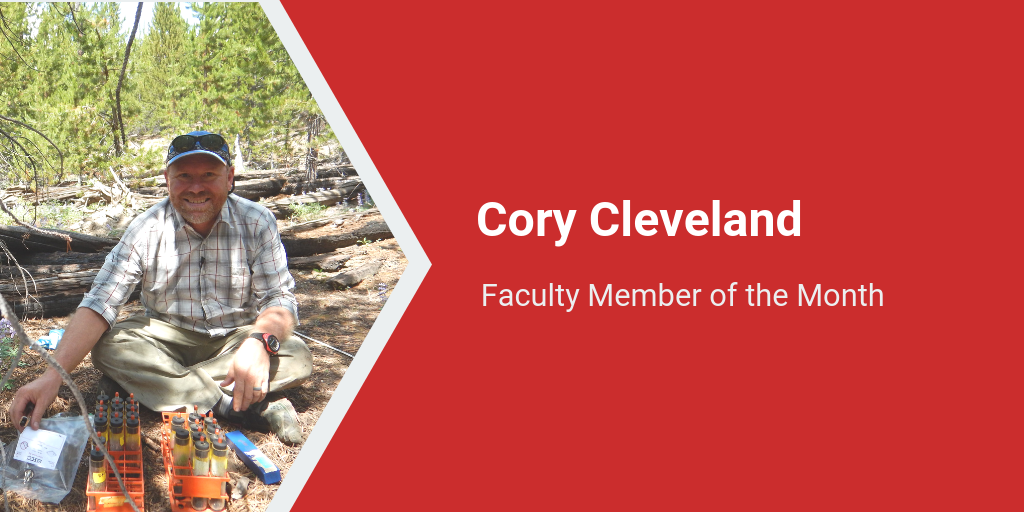Here are this week’s most popular tweets from the @F1000 feed, as well as some other interesting picks from Twitter…
On 28th November F1000 is heading to Heidelberg to host the last meet-up of this year. We are looking forward to hosting our local community at Heidelberg’s Vetter’s Brauhaus for the third #F1000 meet-up – informal networking event for talking science, technology and publishing. As is now usual, drinks and snacks are on F1000, and…
We would like to congratulate Pascale Cossart, Faculty Member in the Microbiology Faculty, on being awarded the Balzan Prize for her work in cellular microbiology and infectious diseases. She receives the award “for her seminal discoveries on the molecular biology of pathogenic bacteria and their interaction with host cells”. Her work on Listeria, among other…
Ned Seeman is the Margaret and Herman Sokol Professor of Chemistry at New York University, and one of the Section Heads for Biomimetic Chemistry in the Chemical Biology Faculty of F1000Prime. We were lucky enough to have Professor Seeman visit us at our London offices recently, and in this video he tells us of the…
A guest post by Alberto Perez
Daylight savings gave us an extra hour recently, and I’m already short on time. We scientists never have enough minutes in the day to get everything done. If only we could clone ourselves, we’d be golden. As previously mentioned, before taking up the Outreach Director position at F1000Prime, I was a scientist at Stonybrook University…
A round up of this week’s most popular tweets from @F1000, and a few other gems we spotted on Twitter…
Guest blogger Sheena Cowell recently completed her PhD thesis in Medicinal Chemistry at Imperial College London. In this guest post, she tells us about the daunting process of writing up and why it doesn’t have to be difficult.
Free food, drinks, and great conversation – our NYC networking meet-up for the F1000 community
In October, Kevin Boyack, Richard Klavans, Aaron A. Sorensen and John P.A. Ioannidis published a list of the most influential biomedical researchers in the European Journal of Investigation. To compile this list, they utilised Scopus citation data collected from 1996-2011, taking into account every author’s h-index and also how frequently their work had been cited…





